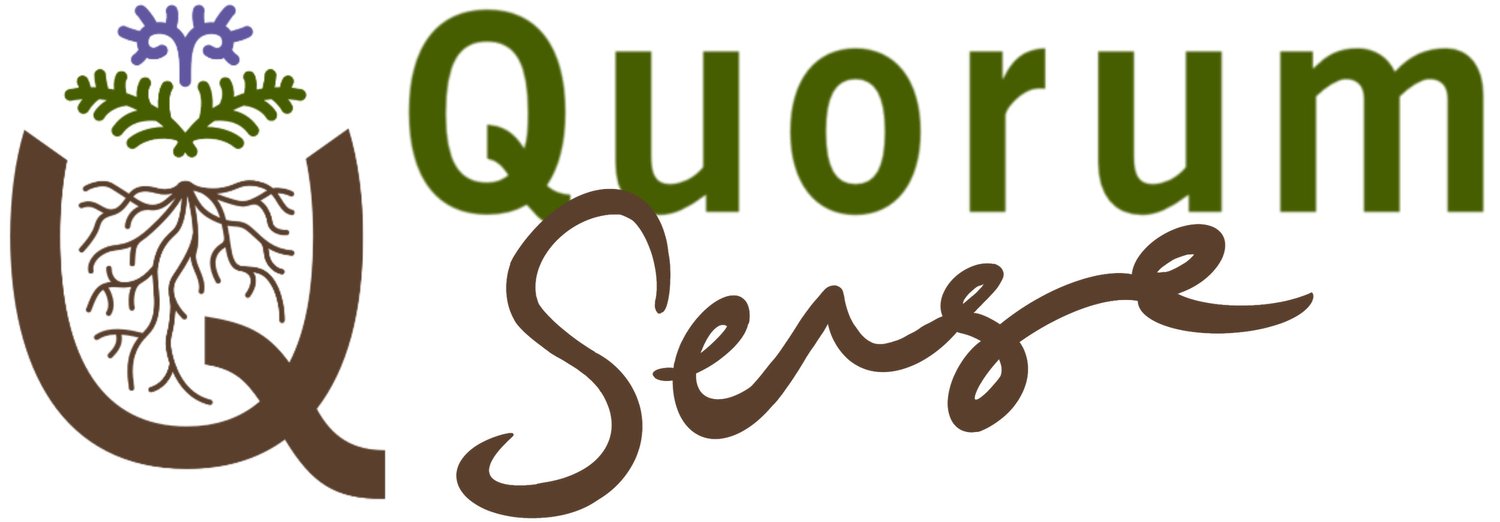Mark and Madeline Anderson
West Ridge Farm, South Otago
Mark and Madelaine have transitioned to a regenerative approach over the last 5 years, focusing on key regenerative principles to move away from synthetic fertilisers and toward a more biological system. This change was catalysed by Mark's 2011 diagnosis with an autoimmune condition, which prompted him to reconsider the health implications of conventional farming methods on both his family and the land. Embracing a holistic approach, they realised the need to simultaneously adopt all of the regenerative practices rather than implementing them separately. A crucial aspect of their journey has been leveraging a supportive network for learning and accountability.
One significant change they implemented was switching to once-a-day milking, which surprisingly did not impact their milk output. They maintain a yield of around 1.85 kg milk solids per cow daily. Benefits of this change include a more compressed mating period and improved cow health and happiness as well as reduction in labour. Their empty rate dropped significantly in the first two seasons from 20% to 9%.
Their grazing strategy now involves leaving behind more dry matter, which enriches the soil's organic content. This method, combined with deeper-rooted plants, enhances the farm's resilience, especially during droughts.
Mark and Madelaine have also developed a sustainable system for producing compost on the farm. They utilise waste products like dung, sawdust, and bark chips from wintering pads, creating nutrient-rich compost that serves as a natural fertiliser. This effort aligns with their goal to reduce reliance on non-renewable resources and increase soil carbon through diverse pastures and new grazing management. They aim to establish a closed-loop system, eliminating the need for external farm inputs.
Driven by rising fertiliser costs and excessive chemical usage, Mark and Madelaine have adopted hay bale grazing during the winter months. They lay out hay in a checkerboard pattern, mobbing cows into smaller breaks and moving them every three days. This method significantly enhances soil organic matter, ensures an even distribution of nutrients, reduces labour, and cuts costs in half compared to their previous feed pad system.
By halting the need for cultivation and reducing fertiliser use, they've transformed their farm into a sustainable and regenerative operation that reconnects them with nature, their animals and the land.
Ep 2: Bale Grazing, Farmer Case Study
Mark Anderson's West Ridge dairy farm near Clinton, South Otago has adopted a wintering system called "Bale Grazing", which has shown dramatic improvements to soil health and animal welfare.



